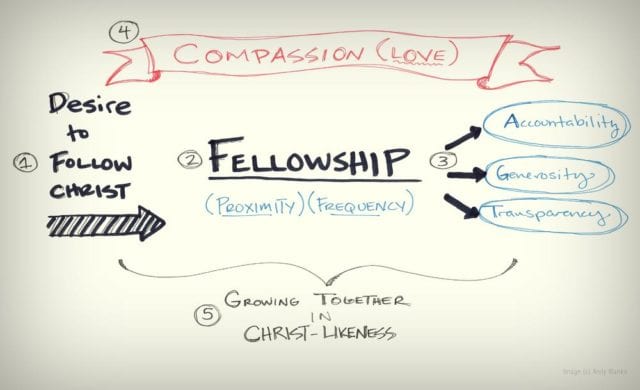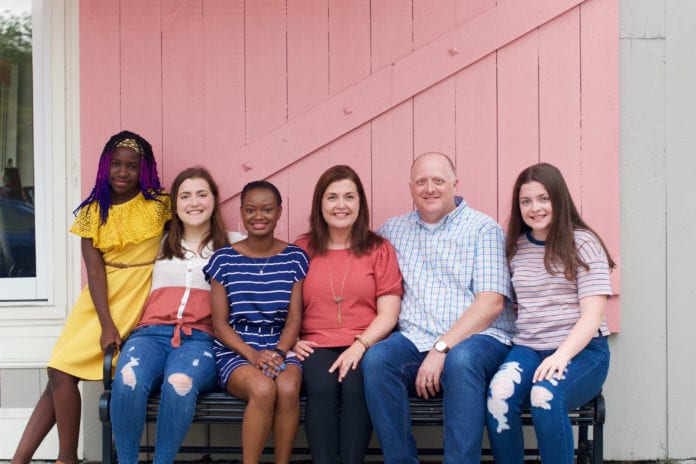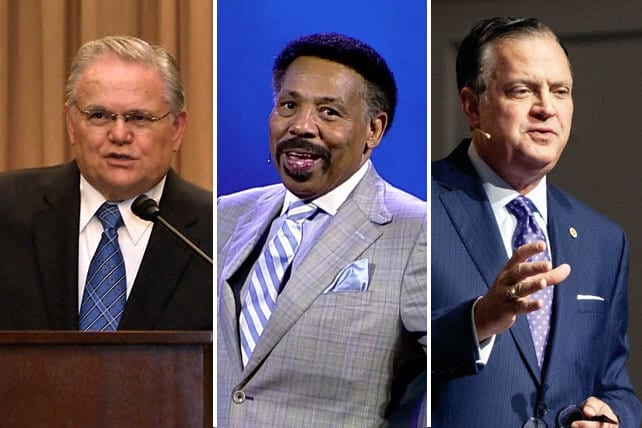A recently released report entitled The State of Virtual Events 2021 looked at the experiences of 100 leading brands that ran over 20,000 online events in the last year. This study explored these brands’ thinking around online events as they have made the “great pivot” to utilize this option more and more. We can learn a lot from this study about hosting online church events.
Like your church and mine, we are all trying to figure out how this new online world will impact our churches moving forward. As I delved into the report, I found there were a number of lessons that we could pull out to apply to our own operations as we look to the future. The report examined 100 leading brands and the lessons they have learned from running online events of various kinds over the last year. The events included webinars, online summits, online conferences, and various virtual sales, marketing, and communication efforts.
One of the things that jumped out at me in this report was that 51% of the respondents reported that they had hosted their first virtual event in the last 12 months. This made me lean in, because so many churches across the country have made their pivot to online church events for the very first time since the pandemic rolled out in March 2020. The entire world is figuring out how to work more online, and while some of us have been leading online church events for ten plus years, many churches are experiencing this new online reality for the first time.
58% of the people surveyed in this report believe that they will invest more in online events as they look to 2021 and beyond. That is probably due to the fact that these two statistics together led me to conclude that we need to extract lessons from the marketplace to apply to online church events.
As we continue to work out what it means to be a “hybrid church”, which many of us are leaning towards in this current culture, it really does feel like we have all made the pivot to online; but now we are asking ourselves, what next?
In those few days in March 2020, we jumped in and implemented a tremendous amount of infrastructure to work out how to present church online. Many churches started by adding midweek content, communication, and connection events, but have since dropped those or have experimented with new things. However, we are now at the stage where we are looking up over the horizon and trying to assess how to navigate the world into this next reality.
In the last week alone, I have held multiple conversations with church leaders around this issue. Recently, I was talking to a senior leader who wanted to get back to a world where they did not have to worry about online church events. After serving the church for multiple decades, this leader finds the recurrent nature of preparing timely messages for a mid-week video shoot unsettling, and even after a year has been unable to settle into the rhythm of creating online content.
I have also received feedback from an executive pastor who is attempting to balance the staffing and financial resources required to successfully present both online church and in-person services.As the pastor was trying to reorganize their team and think through priorities, they found it difficult to make effective leadership decisions in this intra-COVID-19 time.
I recall speaking to a staff leader who was passionate about the early gains they have seen in their particular ministry area because of their online offerings. Although online church events were reaching more people than ever before and seeing people take steps closer to Jesus, the staff leader was afraid that the church leadership was going to drop these learnings and new areas of ministry prematurely.
Online Church Events Are Here to Stay – 3 Keys to Success
So, what can we learn from these 100 leading brands and the 20,000 events that they have hosted over the last year? Here are three lessons taken from this report that I believe are particularly applicable to your church and mine.
1. Online Church Events Drive Both Engagement and Awareness
45.3% of the respondents believe that these online events create deeper engagement with their particular audience. Making up the second-largest category, 18.9% believe that these online events build stronger awareness in their market. Engagement is critically important when thinking about online church events. We have all realized that the vanity metrics of Facebook likes or YouTube views do not ultimately tell us if we are creating a deepening commitment with users.
We are attempting to drive engagement by encouraging people to take further steps like joining in the various chat environments or downloading a free resource. We want people to move beyond participating only as a passive viewer and to actively connect and engage with our online offerings. The businesses in the study saw this as a measurable way to continue engagement.
These businesses also believe that online participation is an important tool for building awareness. Building community awareness is not something that church leaders give much thought to. But in an increasingly online world, we must think very carefully about how we ensure that people are simply aware of who we are.
If people don’t know that we exist, they won’t take those first steps into our community.
Our online church events have always been a great way to build community awareness in the halo of people around our church. This will continue to be the case in the coming years as our churches look to reach people who are not yet connected with us.
Over this last year, many churches have reported to me that they have connected with new people who previously would not have come through their door, whether local or on the other side of the world. Part of the reason for this is that their online experience is driving more awareness in the community at large. As we look to the future, how can your online church events build more community awareness through deeply engaging experiences?












